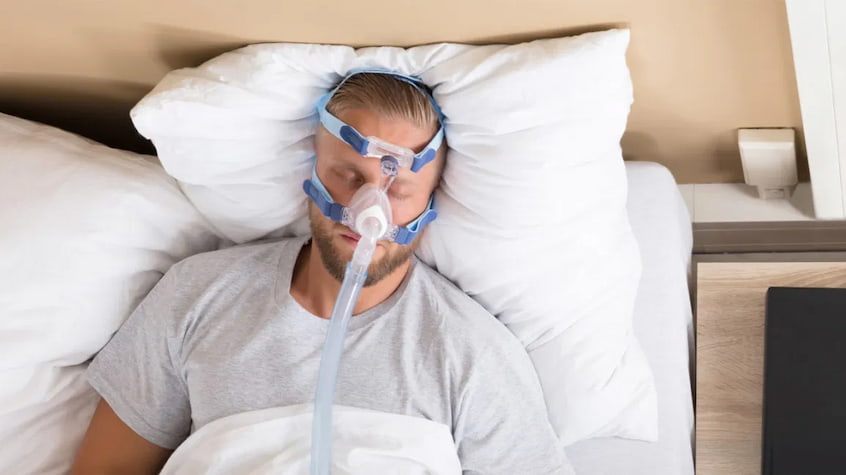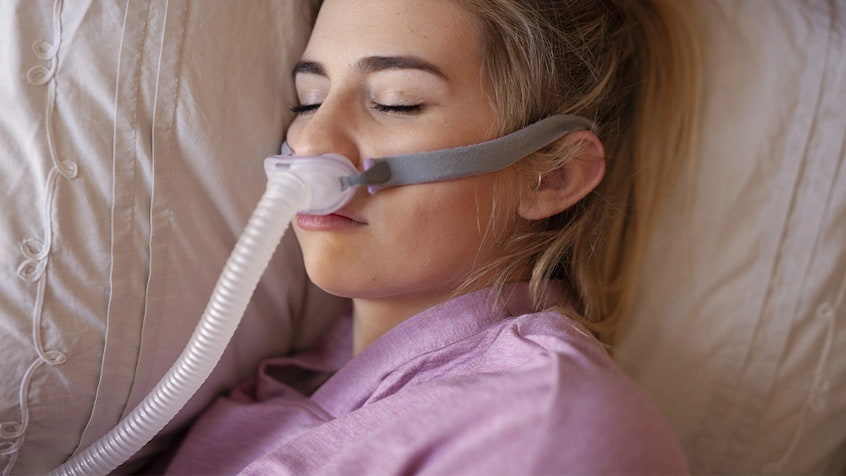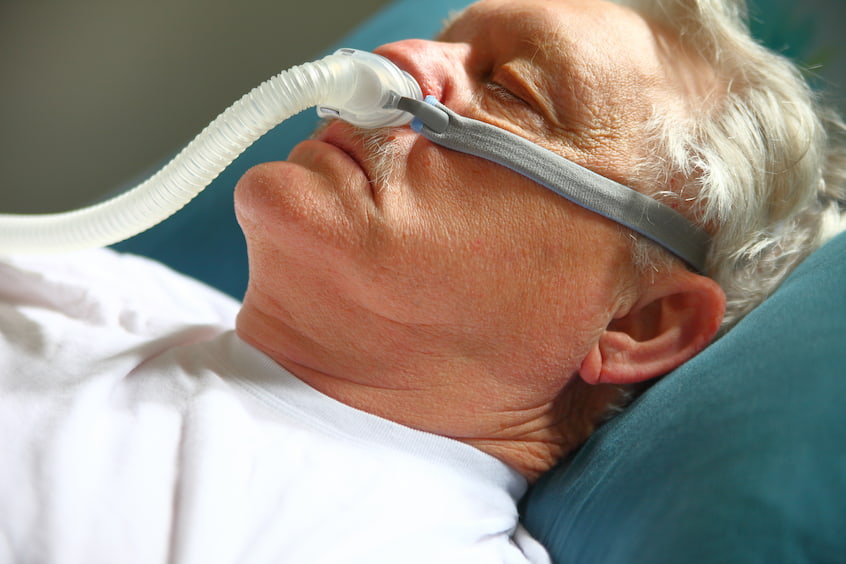
Sleep Better at Night: A Guide to Choosing the Right CPAP Mask
Various conditions can cause difficulty breathing, ranging from the common cold to heart conditions, and even acid reflux. This concerning symptom would leave anyone longing for an answer. If you’re struggling to catch your breath during sleep, you might be experiencing a common condition known as sleep apnoea.
Sleep apnoea is a disorder that causes irregular breathing patterns during sleep. It occurs when the airway becomes partially or completely blocked, leading to brief pauses in breathing. These pauses can last for a few seconds to a minute and can happen multiple times throughout the night.
One common treatment option for this condition is continuous positive airway pressure (CPAP), which involves wearing a mask over your nose or mouth during sleep. The machine delivers a steady flow of air pressure, keeping your airway open and allowing you to breathe with no interruptions.
Contents
Pick a Good Supplier
When looking through the wide range of masks and accessories for CPAP in Australia, make sure to choose a reliable supplier that you can depend on for all your sleep apnoea needs. A good supplier is committed to customer satisfaction. They have a team of knowledgeable experts who will guide you through the process of selecting the right equipment. Whether you’re a first-time user or someone who’s struggled with sleep apnoea for a while, the friendly staff is ready to answer your questions and provide expert advice.

Choosing the right supplier will make all the difference in your experience with therapy and ensure that you receive high-quality products and excellent customer service. You want to be confident that the equipment you’re investing in is genuine and reliable. A reputable supplier for CPAP in Victoria Wantirna sources their products from reputable manufacturers and ensures that you receive authentic and top-notch equipment that meets industry standards.
Reputation matters, and it’s a good idea to check customer reviews and testimonials about the supplier for CPAP in Australia you’re considering. Look for positive feedback about the quality of their products, prompt delivery, and exceptional customer service. A good supplier will have a track record of satisfied customers who can attest to their reliability and professionalism.
How Many CPAP Masks Are There?
There are several different types of masks available that cater to individual preferences and needs. Here are 5 most common types:
-Nasal Masks: Nasal masks cover your nose, and they use adjustable headgear straps to hold them in place. They’re a popular choice for many users due to their comfort and versatility. Nasal masks deliver pressurized air directly to your nostrils, making them suitable for those who breathe primarily through their nose;
-Full-Face Masks: These cover both your nose and mouth, providing a secure seal. They’re an excellent option for people who breathe through their mouth or who experience nasal congestion;
-Nasal Pillow Masks: These masks are the smallest and most lightweight option among CPAP masks. They feature soft prongs that fit directly into your nostrils, delivering pressurized air. Nasal pillow masks are a great choice if you prefer minimal facial contact or have claustrophobic tendencies;

-Oral Masks: Also known as mouthpiece masks or hybrid masks, these only cover the mouth area. They’re great for those who breathe exclusively through their mouth or have difficulty achieving a proper seal with nasal masks;
-Paediatric Masks: Paediatric masks are specially designed for children with sleep apnoea. They come in various sizes and designs to ensure a proper fit for youngsters.
It’s important to note that the right mask for you will depend on your personal preferences, breathing patterns, and any specific challenges you may have. Many people require a trial-and-error process to find the most suitable mask that offers both comfort and effective therapy.
Choose the Right Size
When it comes to selecting CPAP equipment, choosing the right mask size is crucial. This affects the effectiveness of your therapy and ultimately impacts your sleep quality. A properly fitting mask should create a secure seal around your face without causing discomfort or irritation.
If your mask is too loose, it can result in air leaks, which reduce the effectiveness of your treatment. On the other hand, if your mask is too tight, it can cause pressure sores and skin irritation, both of which are uncomfortable and unpleasant.
CPAP mask sizes range from small to large. The right size for you will depend on the shape and size of your face, as well as the specific mask you’re using. To determine the correct size, it’s essential to measure your face and refer to the sizing chart on the manufacturer’s website.

Use Accessories
Did you know that there are accessories available to enhance your CPAP treatment and make it more comfortable? These handy additions can improve your overall experience with the therapy:
-CPAP Pillows: These items feature special contours and cutouts to accommodate the mask and tubing, allowing for a comfortable and secure fit. They help prevent pressure points and mask interference, ensuring a more restful sleep;
-Hose Management Clips: Tired of your CPAP hose getting tangled or pulling on your mask during the night? Hose management clips attach to your bed frame or headboard, keeping the hose in place and minimising disruptions during sleep;
-Chinstrap: This accessory acts as a gentle support, keeping your mouth closed and encouraging breathing through your nose. This helps maintain a consistent flow of air and prevents air leaks, ensuring that you receive the full benefits of your therapy.

